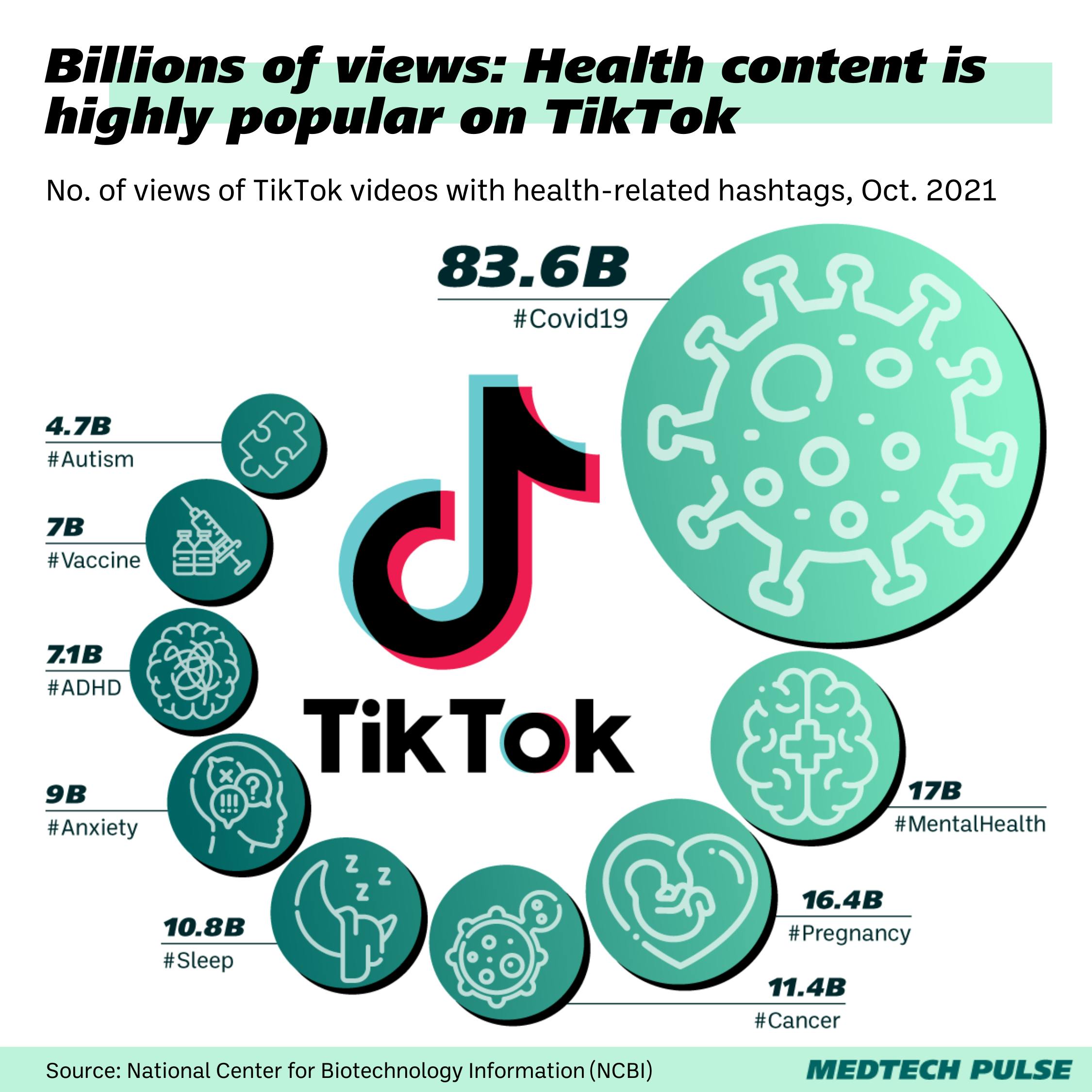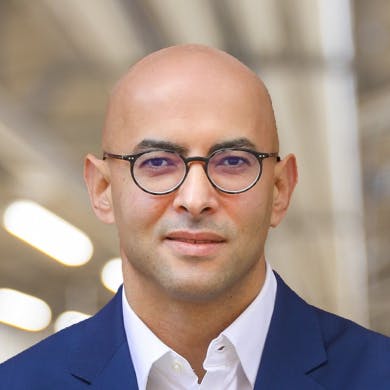Are we replacing nurses with AI?
What do you think of when you read the words “health on TikTok”?
Maybe you think of medical misinformation spreading like wildfire through a comment section. Or a physician doing a silly dance while a caption lists facts about a health condition.
You would not be wrong. But you also wouldn’t be completely right.
The landscape of health content on TikTok is vast. Yes, it can include medical misinformation, but it also includes valuable ways for providers and health companies to reach patients and users. And it can be a space for patients to connect with one another and feel less alone.
As the U.S. government looks poised to ban TikTok in the coming months, this landscape is poised to change—given that a lot of popular content on these topics comes from and is consumed in the U.S.

Today, I’d like to think of what we would lose if or when this policy goes into effect—both the good and the bad.
First, let’s start with the dangers of health content on TikTok. Namely, misinformation.
When TikTok exploded in popularity during the early days of the pandemic, it brought with it a new way for medical misinformation to grow unchecked. Today, health misinformation continues to proliferate on the app, on issues ranging from vaccination to birth control.
Why does this happen?
A key reason is that anyone can pose as an authority on the app. If you make an entertaining—or fearmongering—video that goes viral, more people are likely to consume it than to read scientific literature or ask a physician. With the TikTok algorithm’s mind-bogglingly fast track to virality, it can feel impossible to stay on top of debunking these untruths.
On the other hand, TikTok’s popularity makes it a fantastic place for many educators and innovators to create accessible health education. Especially when it comes to stigmatized topics, the informal tone of TikTok videos makes them a great delivery method for health professionals looking to teach or patients fostering community.
Plus, for health businesses without a large marketing budget, TikTok has been a wonderful avenue for growth.
Overall, health content on TikTok is a mixed bag. If a U.S. ban goes into effect, a large base of the audience and creators for both of these kinds of content will be lost. Both patients and providers will feel that.
Now the question remains: Will the result be a net positive for public health? Or will it hurt patients and the health industry? Only time will tell.
